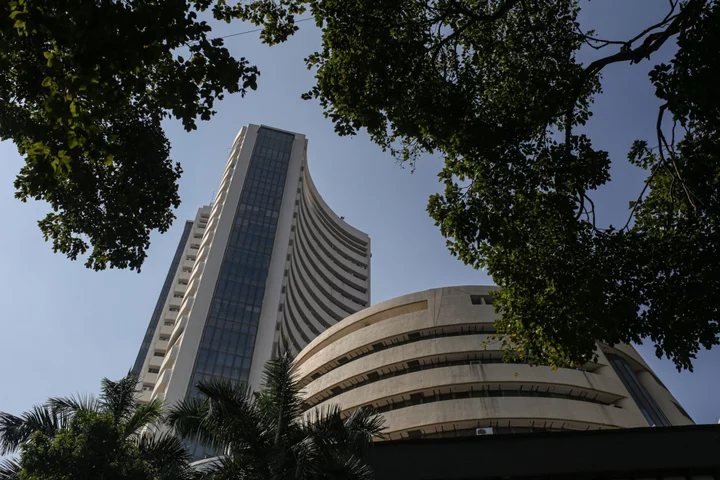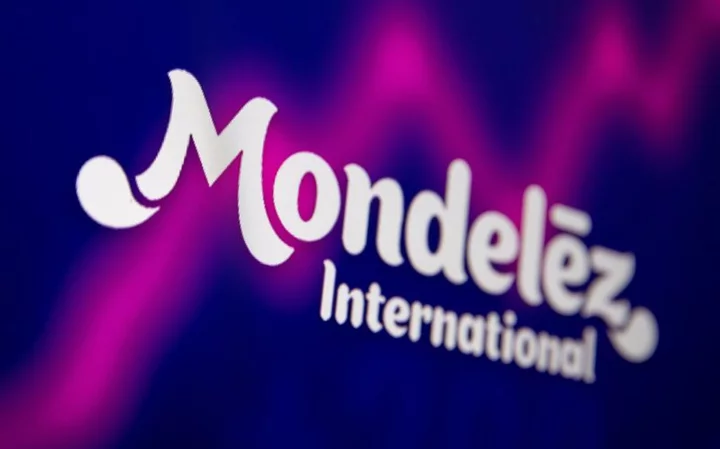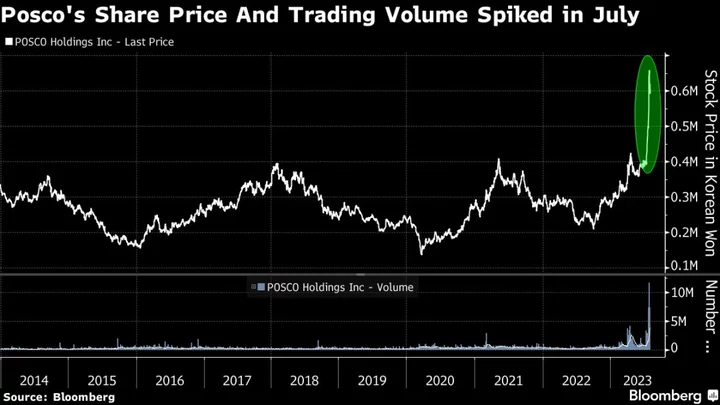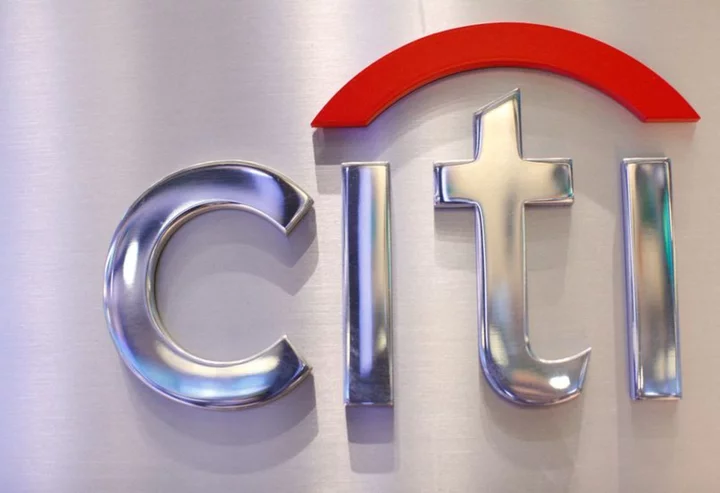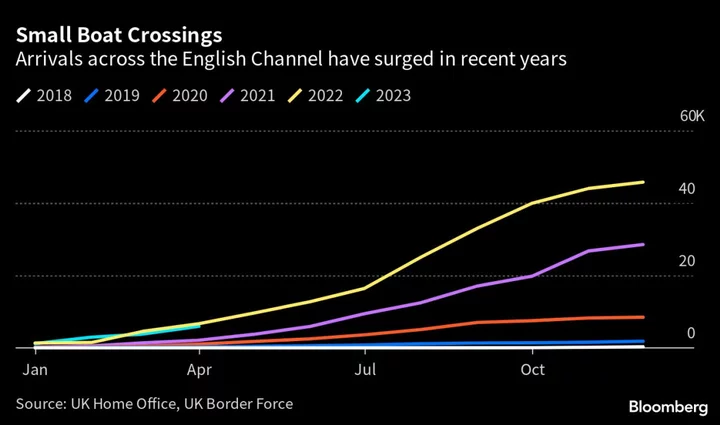India will see at least $30 billion raised annually through primary and secondary share sales in 2024 and in the years to come, as companies and their shareholders are more willing to tap the market for funding, according to JPMorgan Chase & Co.
Sales of additional shares in listed companies in the country have surpassed $10 billion this year, more than the tally for all of 2022, according to data compiled by Bloomberg. The momentum can sustain into next year and beyond as owners of Indian companies are keen to raise funds for other investments, said Abhinav Bharti, India head of equity capital markets at JPMorgan. Demand from local asset managers as well as foreign investors is also driving share sales, he added.
“In block trades, every year now you can average $10 billion from 2024 onwards,” Bharti said in an interview in Mumbai. “I can see the building blocks of India becoming a market that can every year raise more than $30 billion from primary and secondary sales for corporates.”
JPMorgan is the top manager of equity and rights offerings in India in the first eight months of 2023, according to data compiled by Bloomberg League Tables. The American bank has a market share of nearly 15%, followed by Kotak Mahindra Bank Ltd., which has an 11% share of the market.
In contrast to block trades, India’s IPO activity has slowed down significantly this year, tracking a global slump in dealmaking. Companies have raised about $3.2 billion through first-time share sales so far in 2023, down from $5.5 billion for the same period last year, data compiled by Bloomberg shows. There haven’t been any $1 billion IPOs since Life Insurance Corp. of India’s $2.7 billion listing in May 2022.
A couple of $1 billion-plus IPOs could return to India after the country’s federal elections between April and May, Bharti said. The banker expects bigger IPOs to come from sectors such as consumer, technology and financial services.
Strong corporate earnings and robust economic growth are drawing investors even as they flee other Asian emerging markets. China’s currency has plunged amid concerns over the once fast-growing nation’s precarious economic outlook and geopolitical tensions.
“Because of recent softness in Chinese economic data, a lot of these global EM fund managers are underweight on China and now where you go and deploy that extra capital, you must have a counter overweight as well,” Bharti said. “India is benefiting from that.”

